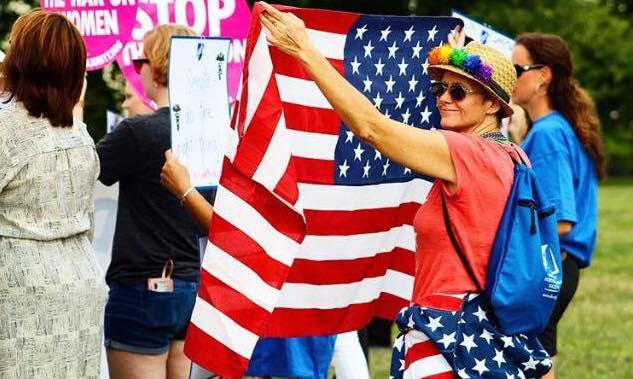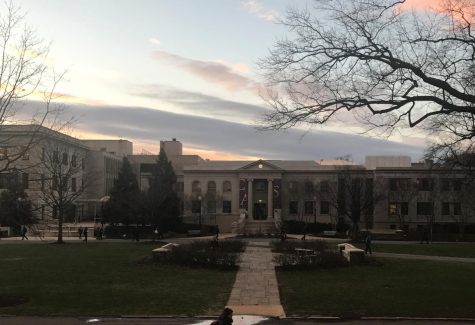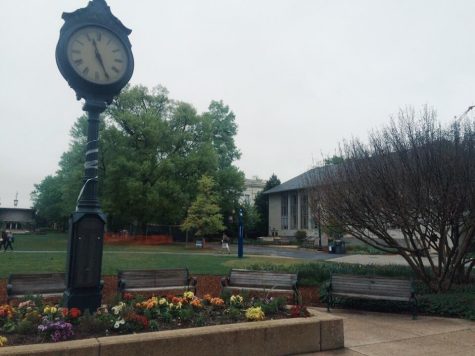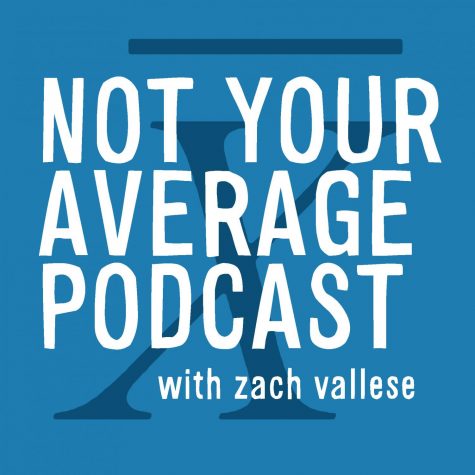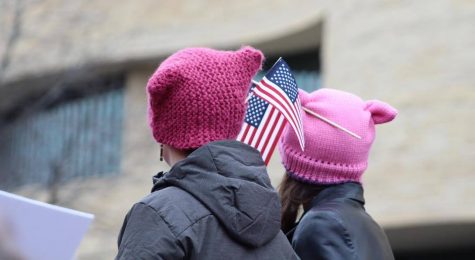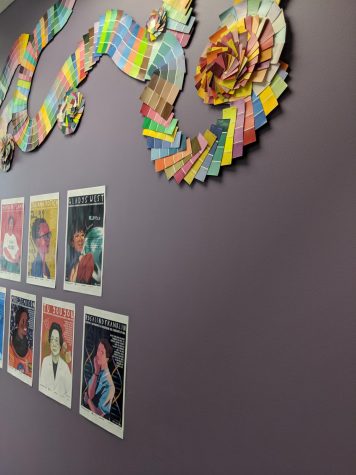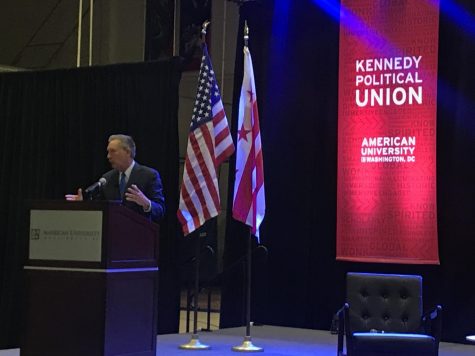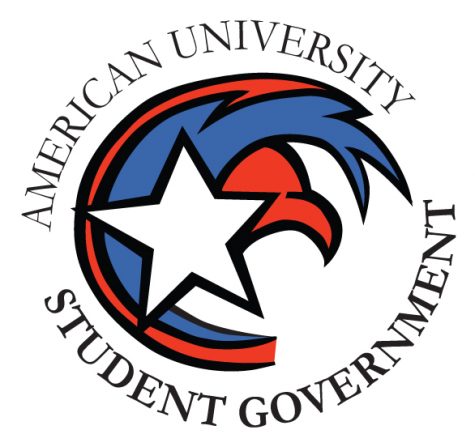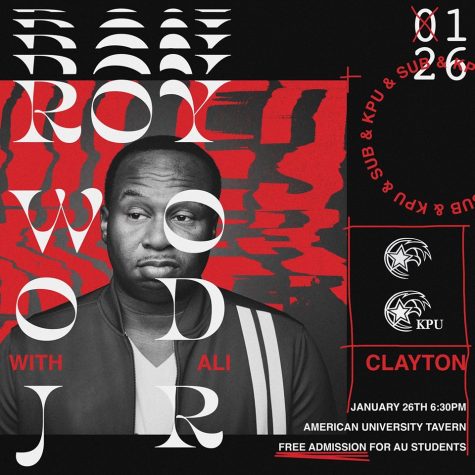Should Journalists Vote?
An ethical question in a toxic political climate
The current political climate has been a result of cumulative tensions nationwide since the 2016 election.
Today, in the midst of the 2018 midterms, voters will decide if a new light will shine in House, Senate, and local elections.
In March of 2016, reporter Anna Clark with the Columbia Journalism Review wrote an article with the headline “Political journalists on why they do—or don’t—vote in the primaries”.
In a similar vein, AWOL asked several experts and reporters not only how they feel about reporters voting historically, but specifically within the climate we are in today.
“I think that [this debate] is rooted in something that’s actually presented as an ideal that people should achieve,” Christopher Simpson, a communications professor at American University, said. “But I think the roots of it are more dangerous than that.”
Simpson studies propaganda, democracy, media legitimacy, and media theory and practice. His expertise falls directly in line with the fake news and media legitimacy era the nation is facing today.
“We’re talking about symbolism here, not even a particularly important part of the symbolism. It’s primarily cosmetic,” Simpson said.
Terence Bryant, a Senior Professorial Lecturer in the School of Communication at AU, also believes that voting does not undermine a journalist’s integrity.
“I’ve heard some journalists who don’t vote and have a great answer for that, and I respect that it is so they can separate from their biases,” Bryant said. “However, everyone is a human with emotions, thoughts and beliefs and with having emotions, thoughts and beliefs, that should not change how you do your job–and that is telling the truth.”
Clark’s 2016 article features a quote from Jason Barczy, managing editor of the Holland Sentinel in Michigan who said, “Yes, we’re journalists, but we’re also citizens first. What happens in this community and this state and this country affects me like every other non-journalist.”
Clark seems to agree with Barczy, even two years after the publication of her article.
“I definitely think [journalists] should vote. I think it’s worth hearing out the argument of people who, on principle, don’t vote,” Clark said. “It’d be a good food for thought that your civic participation with the work [journalists] do professionally but I definitely don’t think becoming a reporter opts you out of the ballot box.”
Simpson said that this overarching question is great for ethics classes and especially journalism professors, but journalists themselves and the public don’t seem to be particularly puzzled by this “issue”.
“There are three major actors at play: technologies of telling the truth, political limits to telling the truth, and journalistic limits in telling the truth, even in routine reporting,” Simpson said. “That is an aspect of the purported truths in very respectable publications that most of the public is unaware of.”
Simpson argues that while public perception of journalists today is a piece of the thread in this conversation, he does not think they come up in day-to-day conversation among anyone other than journalism professors, specifically.
Clark, on the other hand, does think the toxicity of the current political environment may have a greater backlash towards journalists today than it did in 2016.
“The conversation has been happening among journalists and media for a long time and people think about it a lot as they try to scrutinize themselves and some organizations even have guidelines outside of just voting,” Clark said. “But a lot of those kinds of rules have emerged through these fraught conversations and sometimes it takes trial and error.”
In journalism ethics classes across the nation, student journalists are asked to consider these critical questions about where they will draw their own lines and how they may address these same issues in their future careers.
But Bryant said there’s still something young journalists and the general public need to distinguish between news and news analysis.
“I think most people understand if they see a story that is strictly news that they see it as just that,” Bryant said. “News analysis or opinion, changes and you see an obvious slant. So many people think anything on CNN, MSNBC, or FOX is under the blanket of news but unless it’s under breaking news, it’s usually media analysis and not news.”
The lines begin to blur when journalists themselves acknowledge that being objective is a difficult and perhaps even an impossible goal.
“We’re kind of at the place where we know journalists aren’t ‘objective.’ Everyone has opinions and blind spots but there should be this collective idea is to create fairness as much as possible,” Clark said.
While voting is part of that conversation, Clark says that the right to a secret ballot is not generally a piece of the conversation especially to the general public.
“The most toxic enemy of the time is people’s perceptions of journalists. There’s misunderstanding of how we do what we do and people don’t realize there’s a hard wall between news and editorial reporting,” Clark said. “I think that there’s a lot of public education and media literacy that needs to be done well before we get to the point at a public level outside of journalists in the question of voting.”
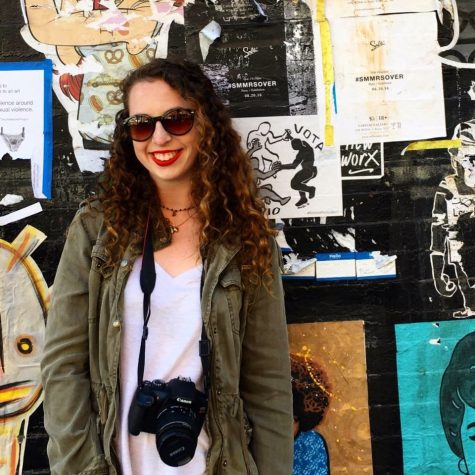
I'm a junior majoring in Film and Media Arts! My areas of interest are women’s right, gun control, sex education, immigration, and healthcare! I love...


